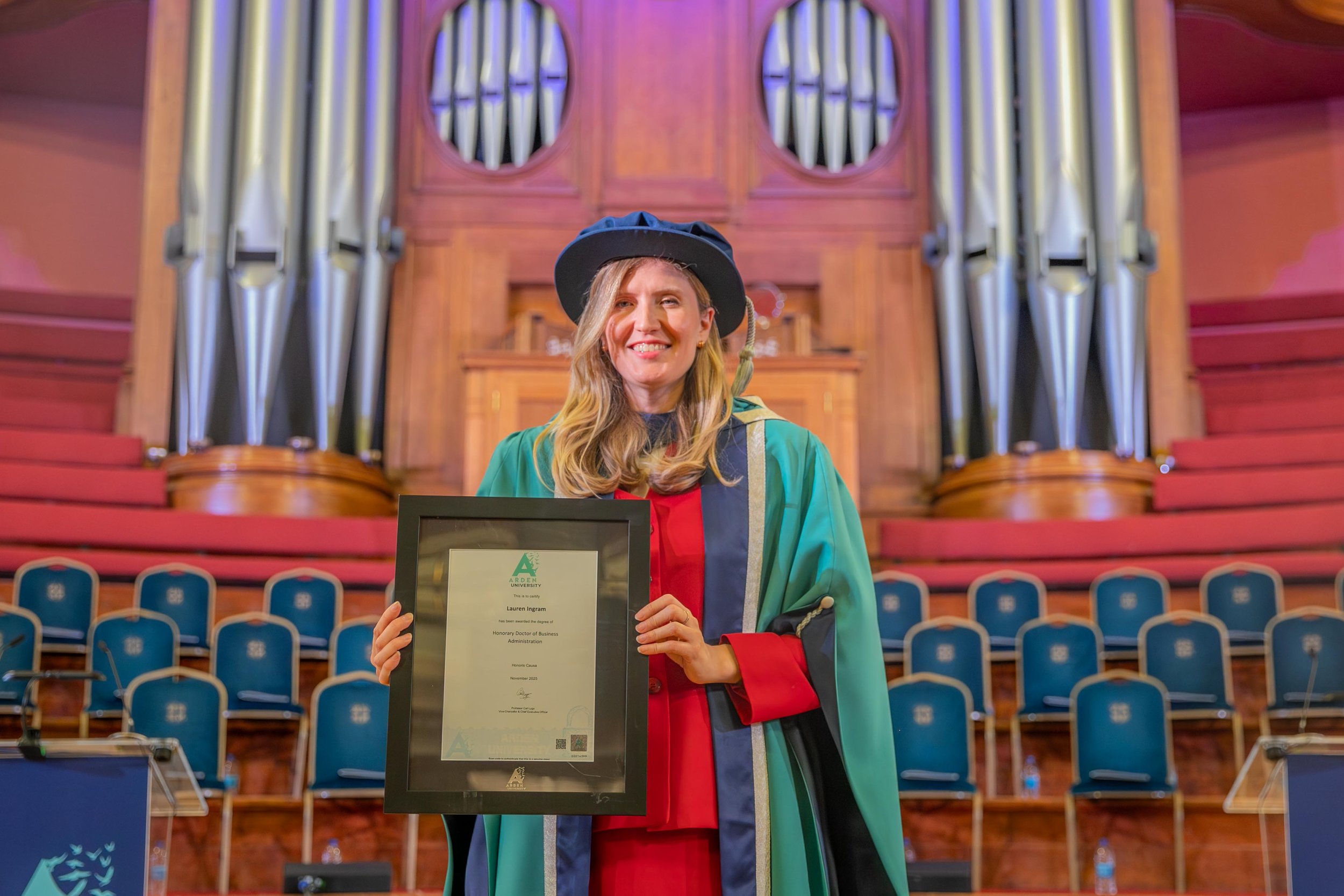University of Florida awarded $4.7 million Air Force contract for AI campaign analysis

The University of Florida has signed a four-year, $4.7 million contract with the U.S. Air Force to design artificial intelligence systems that support campaign planning and decision-making in modern warfare.
The work will be conducted through UF’s Florida Applied Research in Engineering (FLARE) team at its REEF campus, located near Eglin Air Force Base in Florida’s Panhandle. Researchers will focus on upgrading the Air Force’s Munitions Requirement Process (MRP) using machine learning and predictive modeling.
Embedded collaboration with military software teams
UF staff will work on-site with personnel from the Air Force’s Disruptive Futures Division and its EmeraldCode Software Factory (ECSF), a team tasked with developing experimental tools for the Weapons Enterprise. The university’s AI specialists will help create software that can analyze campaign data in real time and support strategic planning in contested environments.
Colonel Jesse Moreno, Disruptive Futures Division Chief, says, “The essential partnership with UF machine learning engineers leverages AI/ML to rapidly advance campaign analysis capabilities, accelerating strategic development efforts across the Weapons Enterprise. This collaboration enhances effective decision-making at scale in contested environments by delivering modern, user-friendly capabilities. Ultimately, this partnership cultivates innovative armament concepts and sharpens cutting-edge technologies, ensuring warfighters have the tools they need to deter and defeat threats anywhere in the world.”
Focus on applied research and systems integration
The university’s team will work with military developers to incorporate large language models, CI/CD pipelines, and other AI tools into operational systems. According to UF, the project will support both defense innovation and academic workforce development.
Richard Vigeant, director of FLARE and REEF, says, “The partnership will provide UF faculty hands-on experience with real-world projects, enhancing skills and preparing for future careers in defense and technology sectors.”
The contract also includes a ramp-up phase, now underway, that aligns UF engineers with ECSF personnel, data teams, and mission leads to scope challenges and co-develop applied AI solutions.
Jill Wright, ECSF lead engineer, says, “Machine learning is expanding ECSF’s capabilities, bridging the data analysis gap between legacy and new weapon systems, leveraging advanced models to inform strategic decisions, support Combatant Commanders, and drive exciting new possibilities.”























